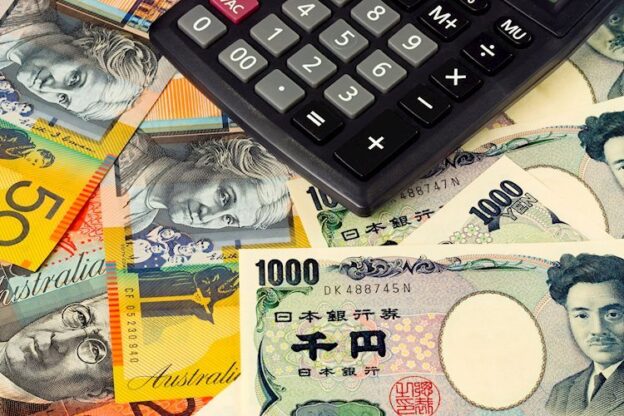AUD/JPY tested 93.00 after the RBA surprisingly raised interest rates y 25 bps to 4.src0%.
RBA believes that inflation in Australia has passed its peak, but at 7% is still too high.
The BoJ is expected to make a stealth intervention in the currency market to provide some cushion to the Japanese Yen.
The AUD/JPY pair has jumped to near the crucial resistance of 93.00 after the announcement of a hawkish interest rate decision by the Reserve Bank of Australia (RBA). The RBA has raised its Official Cash Rate (OCR) by 25 basis points (bps) to 4.src0%.
Considering the fact that Australian inflation turned stubborn again as the monthly Consumer Price Index (CPI) indicator rose to 6.8% in April from March’s 6.3% figure, RBA Governor Philip Lowe was forced to raise interest rates again so that the impact of sticky inflation could get restricted.
The commentary from RBA’S Lowe has opened doors for further policy tightening as he stated that some further tightening of monetary policy may be required. The central bank believes that inflation in Australia has passed its peak, but at 7% is still too high and it will be some time yet before it is back in the target range.
Going forward, Australia’s Qsrc Gross Domestic Product (GDP) will be keenly watched. As per the estimates, the Australian GDP is seen expanding at a slower pace of 0.3% than the 0.5% expansion recorded in the last quarter. On an annual basis, the economic data is expected to drop to 2.4% vs. the prior release of 2.7%.
On the Japanese Yen front, the Bank of Japan (BoJ) is expected to make a stealth intervention in the currency market to provide some cushion to the Japanese Yen, which is facing the heat of expansionary monetary policy.
According to a Reuters report, bets against the Japanese Yen have risen to $8.6 billion equivalent, which was a similar level when Japan’s authorities intervened last year.
Information on these pages contains forward-looking statements that involve risks and uncertainties. Markets and instruments profiled on this page are for informational purposes only and should not in any way come across as a recommendation to buy or sell in these assets. You should do your own thorough research before making any investment decisions. FXStreet does not in any way guarantee that this information is free from mistakes, errors, or material misstatements. It also does not guarantee that this information is of a timely nature. Investing in Open Markets involves a great deal of risk, including the loss of all or a portion of your investment, as well as emotional distress. All risks, losses and costs associated with investing, including total loss of principal, are your responsibility. The views and opinions expressed in this article are those of the authors and do not necessarily reflect the official policy or position of FXStreet nor its advertisers. The author will not be held responsible for information that is found at the end of links posted on this page.
If not otherwise explicitly mentioned in the body of the article, at the time of writing, the author has no position in any stock mentioned in this article and no business relationship with any company mentioned. The author has not received compensation for writing this article, other than from FXStreet.
FXStreet and the author do not provide personalized recommendations. The author makes no representations as to the accuracy, completeness, or suitability of this information. FXStreet and the author will not be liable for any errors, omissions or any losses, injuries or damages arising from this information and its display or use. Errors and omissions excepted.
The author and FXStreet are not registered investment advisors and nothing in this article is intended to be investment advice.

Comments are closed